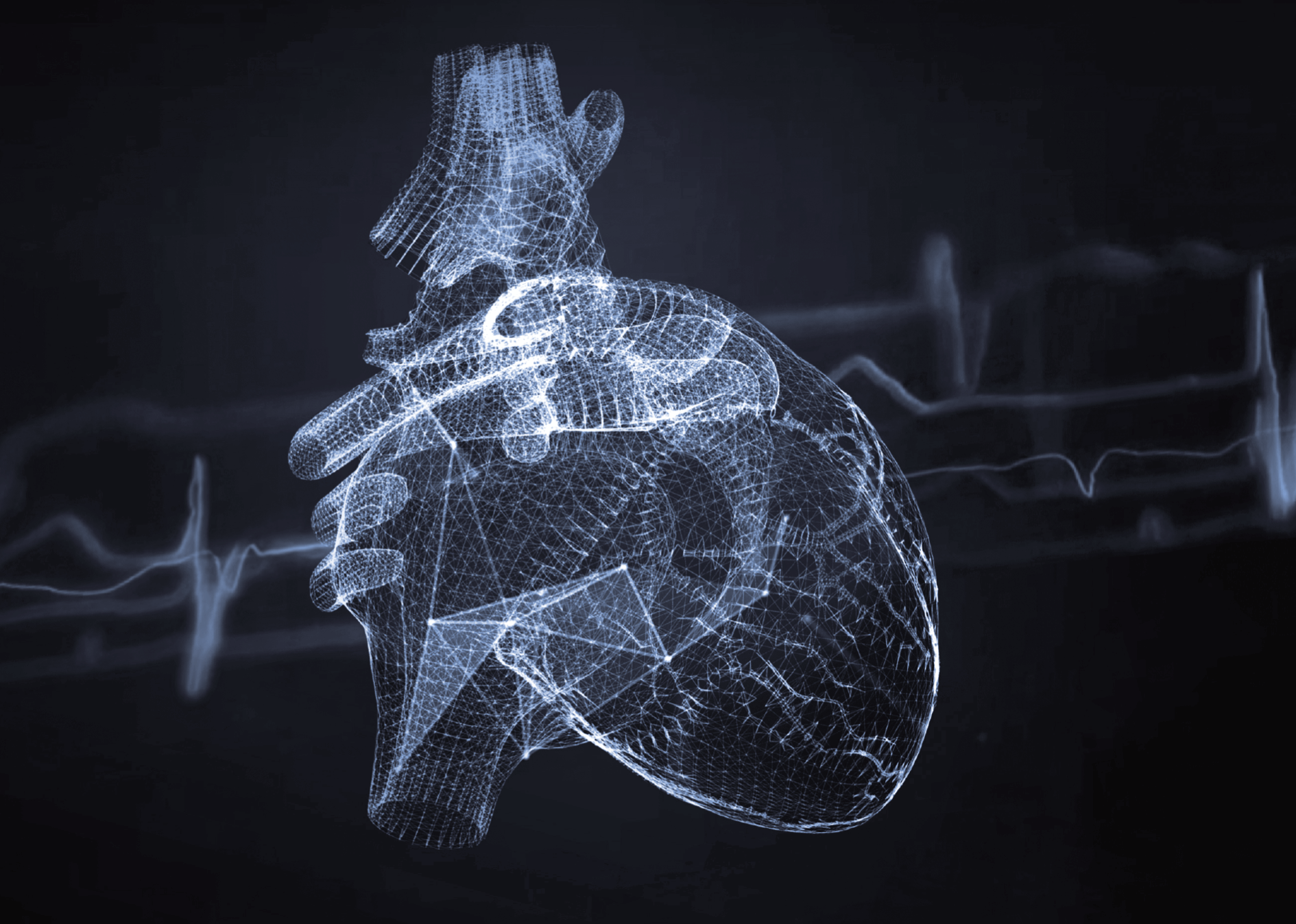Pituitary gland CT scan
Pituitary tomography is an advanced non-invasive imaging study that uses computed tomography (CT) to evaluate the pituitary gland, a small but crucial gland located at the base of the brain. This test is crucial in diagnosing various pathological conditions, such as pituitary tumours, cysts and disorders that can affect hormone production.
What is computed tomography?
Computed tomography is an advanced medical imaging technique that uses X-rays to create detailed three-dimensional images of the body’s internal structures. It is a very precise examination that allows accurate imaging of various anatomical structures, such as bones, internal organs, blood vessels and soft tissues. The source of radiation and the detector that captures it both move, rotating around the patient’s body to take multiple images from different angles. As a result, several thousand images of the organ examined are produced, which the computer subsequently combines into a single three-dimensional image. CT uses advanced computer processing of X-ray images.
Pituitary gland – what is it?
The pituitary gland is a small but very important endocrine gland located at the base of the brain. Controlling the secretion of hormones by other glands such as the thyroid, adrenal glands and gonads, it plays a key role in regulating many of the body’s hormonal functions. The pituitary gland is divided into two lobes: the anterior pituitary and the posterior pituitary, each of which is responsible for the production and release of various hormones that affect growth, metabolism, reproduction and other physiological processes.
Indications for a pituitary CT scan
Indications for a pituitary CT scan include:
- Suspected pituitary tumour – detecting and evaluating tumours, such as adenomas, that may affect pituitary function.
- Endocrine disorders – diagnosing causes of abnormal hormone production resulting in conditions such as hyperprolactinemia, acromegaly or Cushing’s disease.
- Neurological symptoms – evaluating causes of headaches, visual disturbances, dizziness or neurological disorders that may indicate pituitary lesions.
- Postoperative monitoring – monitoring the status of the pituitary gland after surgery or radiation therapy treatment.
- Assessing congenital abnormalities – diagnosing structural abnormalities of the pituitary gland that may affect the development and function of the endocrine system.
Contraindications to pituitary CT scans
It should be noted that some clinical conditions may be contraindications to a CT scan or to administering contrast. In such cases, the physician makes the final decision.
Contraindications to a pituitary CT scan include:
- Pregnancy – because of the risk of foetal exposure to X-rays, CT scanning is contraindicated in pregnant women unless the benefits of the examination outweigh the risks.
- Allergy to contrast – in patients with a history of allergic reactions to contrast agents, especially those containing iodine, contrast must be avoided or precautions need to be taken.
- Renal failure – in patients with impaired renal function (elevated creatinine levels) the administration of contrast may worsen their health condition, which is a contraindication to its use.
- Metal objects in the body – the presence of metal implants, shrapnel or medical devices that may interfere with the image or pose a threat during the examination.
- The patient’s poor general condition – there may be limitations in performing a CT scan in critically ill patients, especially if this requires the administration of contrast.
What does a CT scan look like?
A referral from a specialist is required for the examination.
Prior to a CT scan, if the administration of iodine-containing contrast media is planned, the blood creatinine level should be checked; this test can be performed at any laboratory. Patients with thyroid disease can undergo an examination with iodine contrast agent only if their TSH and FT4 levels are normal. Current results of these tests should be provided as well. In cases of hyperthyroidism or hypothyroidism, performing a CT scan with iodine-containing contrast media is possible only if TSH and FT4 values are normal.
The patient should be fasting four hours before the examination, but drinking water is allowed. The examination takes about 15 to 30 minutes. During the scan, the patient should lie still and only move when instructed by the medical staff. After the examination is completed, the patient should stay in the waiting room for about 15 minutes so that the medical staff can verify that there are no adverse reactions to the contrast agent administered.



